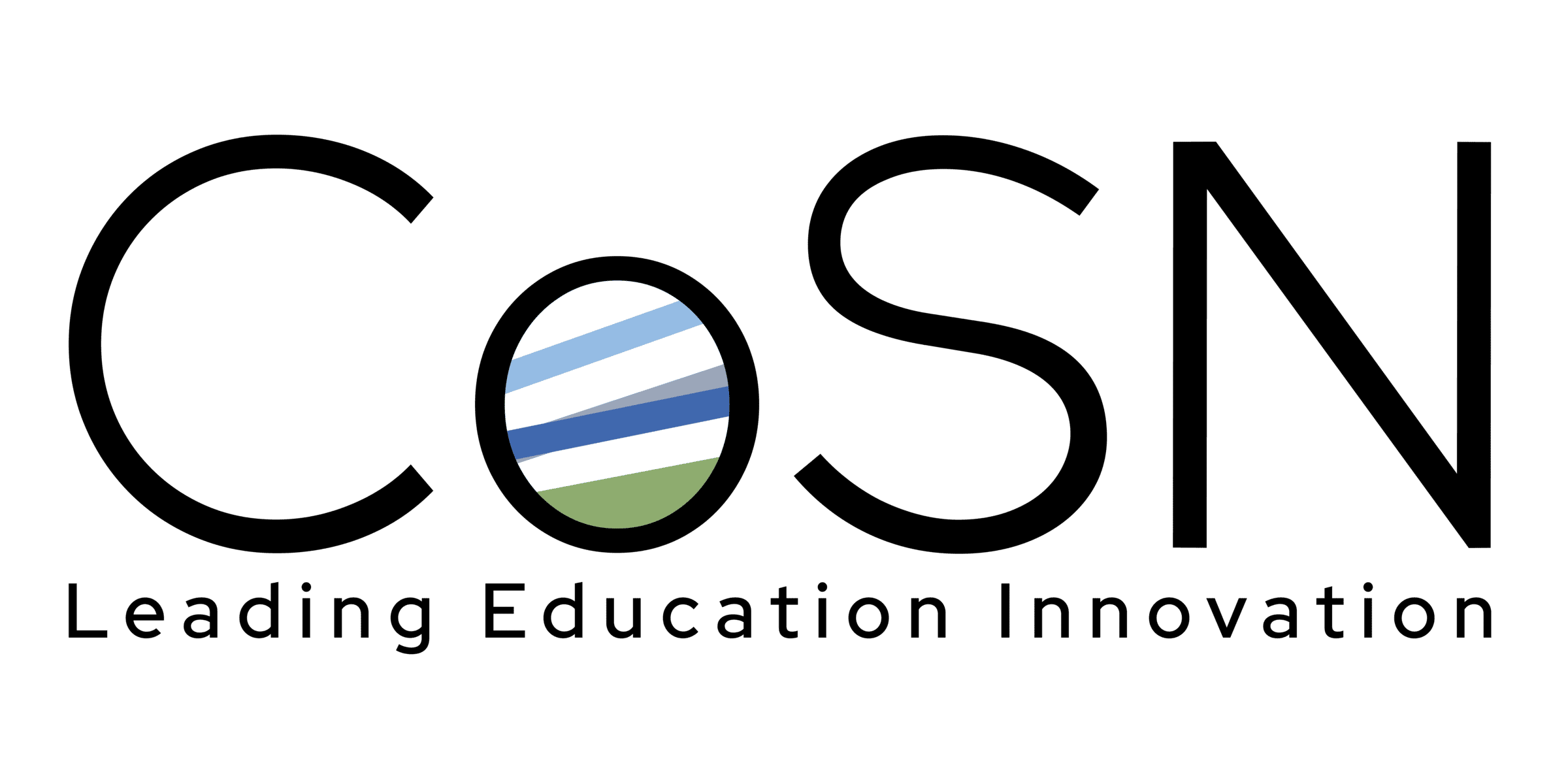CoSN supports edtech leaders who are dedicated to continued growth in their capacity to improve students’ learning with innovative, digital environments. We work to improve the human capacity of school systems by providing robust, thoughtful, and relevant professional advancement opportunities. This range from face-to-face events such as the Annual Conference to online courses to CoSN’s Certified Education Technology Leader (CETL®) program. It is based on the Framework of Essential Skills of the K-12 CTO that identifies the necessary knowledge and skills a technology leader should have to successfully build and implement digital learning environments.
CoSN believes that earning the CETL certification is an important step in a technology leader’s career path. However, we recognize that school administrators are diverse and are at various points in their careers. They seek the most up-to-date and relevant opportunities to personalize their professional advancement, target their individual needs, and continue their growth in the field. Edtech leaders are also busy professionals. How do they take advantage of professional learning that are flexible, anytime, anywhere?
With this in mind, CoSN, in partnership with Digital Promise, has developed two timely micro-credential stacks geared toward leaders supporting today’s tech-integrated classrooms: Digital Equity and Student Data Privacy.
The digital equity stack addresses the need for many school districts to ensure that students have access to the Internet for out-of-school learning. These five micro-credentials denote the fundamental steps in addressing this issue – from identifying gaps in digital equity to creating and implementing a district plan to fill in those gaps.
“As one of the first stacks designed with district leaders in mind, CoSN’s Digital Equity micro-credentials support leaders as they provide students equitable access to technology in and out of school — a key lever for powerful student learning.” – Karen Cator, President and CEO, Digital Promise
Student data privacy is a similarly critical issue for school systems that are committed to using technology for teaching and learning. Earners of these micro-credentials implement aspiring practices in protecting student privacy and creating a trusted learning environment. Examples of this stack include effective parent and guardian communications and evaluation of online service providers.
These newly launched micro-credentials support administrators as they establish a culture of powerful digital learning that will prepare students for vibrant futures. Through their flexibility, personalization, and skill-based focus, micro-credentials are a tremendous benefit for an ever-evolving profession. By taking advantage of this professional advancement tool, we are able to maximize the potential of teaching and learning in the digital age.

